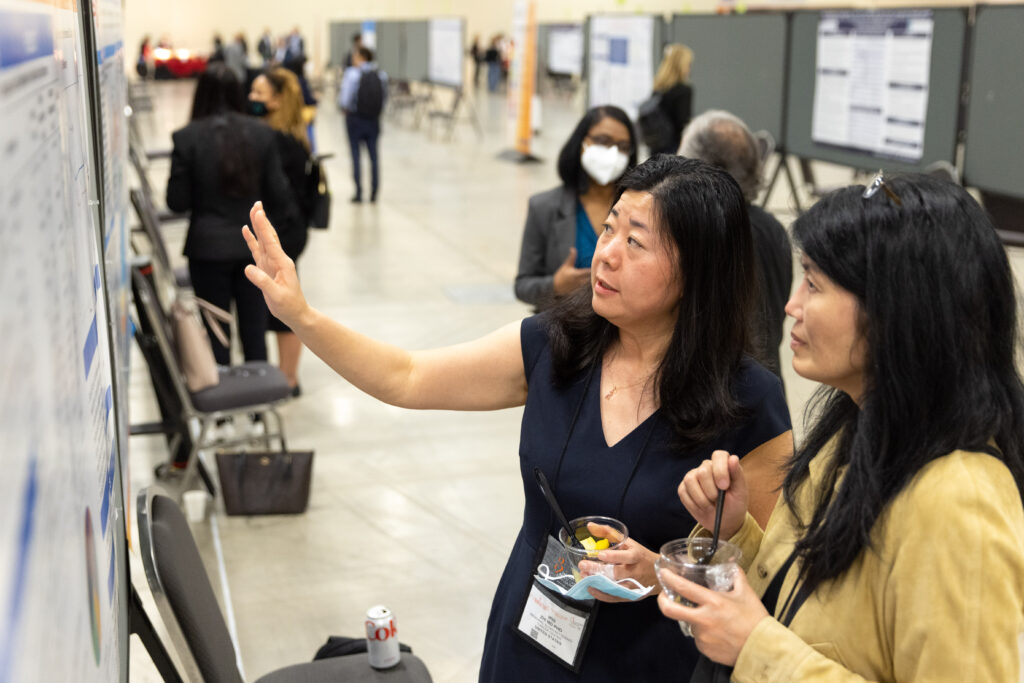
Patient Advocates Inform Critical Insight to Improve Breast Cancer Research and Treatment at SABCS
By Sean M. Wood
The halls of the Henry B. Gonzalez Convention Center are expected to be packed Dec. 6 – 10 as crowds return for the San Antonio Breast Cancer Symposium.
The 45th symposium will reflect significant input from advocates who have left their impression on the event over the last half-century. What was started as solely a scientific conference focused on the dissemination of information on the biology, etiology, prevention, diagnosis, and therapy of breast cancer and premalignant breast disease has evolved to include input from the people who live with it.
“Back in the day when we started this, there were very few women or men who wanted to know the science or cared about the science,” says Sandi Stanford of the Alamo Breast Cancer Foundation. “Their doctor told them what to do, and they did it without question. Today breast cancer affects more people — men, women, younger, and older. They are all active in wanting to be more knowledgeable.”
Advocates have been included in the programming at SABCS since the late 20th century, starting with the Alamo Breast Cancer Foundation. They were the first group invited to participate. The amount of advocacy programming has continued to increase since then, with registration fees waived for advocates. Some organizations will even provide scholarships to cover travel costs.
“Advocates are making critical contributions to advancing breast cancer treatment,” says Virginia Kaklamani, M.D. of the Mays Cancer Center and SABCS co-director. “Their testimony helps to pass legislation that assists us in caring for our patients, they help us to recruit patients for clinical trials, and they help us focus on what’s important to them. This is for them.”
Patient advocacy has evolved from a handful of grassroots organizations to highly organized networks of knowledgeable, trained, passionate champions for advancement in the understanding and treatment of breast cancer. They have evolved around special interests based on cancer type, domestic situation, ethnicity, gender, location, etc. All share a common enemy — breast cancer.
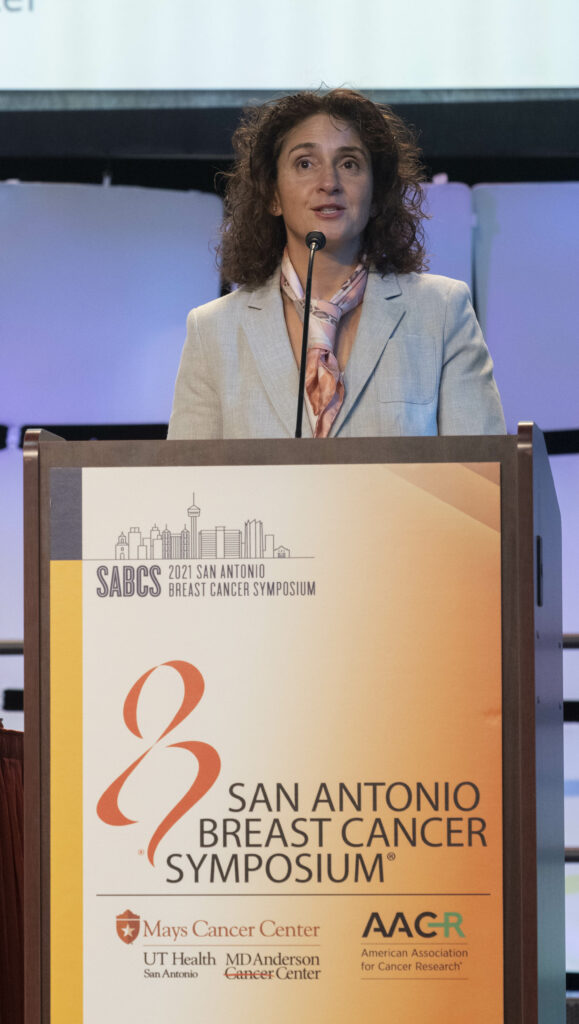
Education all around
Breast cancer patients and advocates have a steep learning curve at the start. But over the last few decades, there are a multitude of resources. Support organizations, advocacy, and education programs provide information on a much larger scale.
Once again, advocacy will play a major role at SABCS, with groups like the Alamo Breast Cancer Foundation, Guiding Researchers and Advocates for Scientific Partnerships (GRASP), the Tigerlily Foundation, and the Metastatic Breast Cancer Alliance participating in programming before, during, and after the symposium. Each group and its members support and inspire each other. They build on the efforts of those who have come before.
This year, thousands of advocates will attend, in person and virtually. They will participate, learn, advocate, and educate, all to advance breast cancer care, therapies, and treatment for those who are paying the physical and emotional costs of living with this disease.
The Mays Cancer Center at UT Health San Antonio began and owns SABCS, the world’s largest breast cancer symposium. The Mays Cancer Center hosts SABCS in collaboration with the American Association for Cancer Research.
For more information, visit SABCS.org
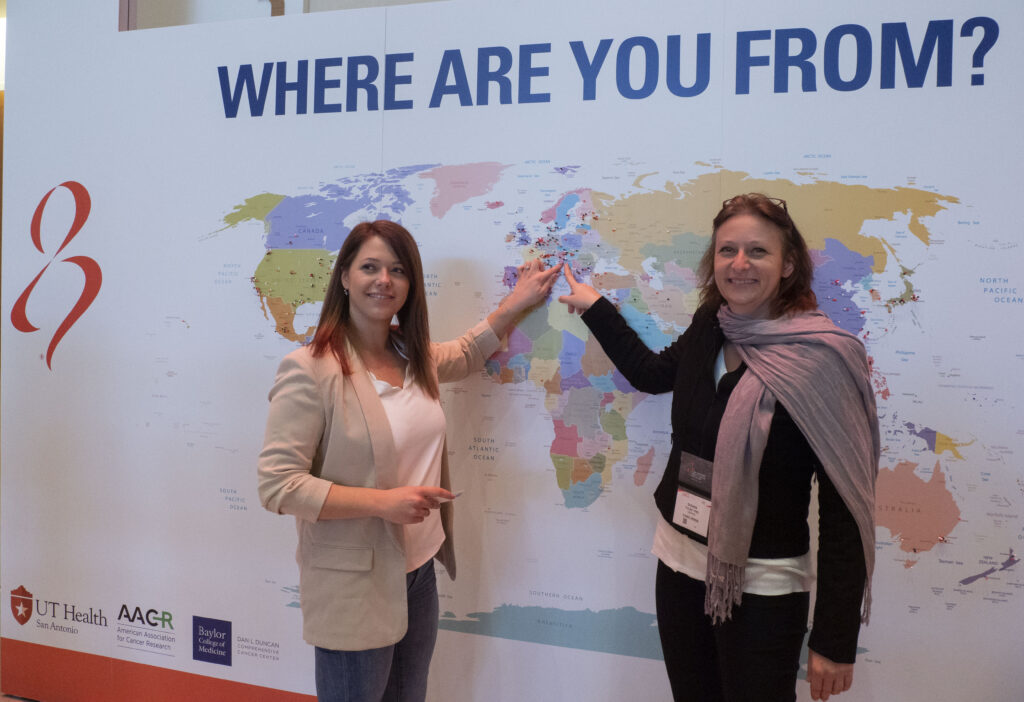
SABCS welcomes attendance by informed patient advocates representing recognized patient advocacy, education & survivor support organizations. For more information about the SABCS Patient Advocate Program and to register please visit www.sabcs.org/2022-PatientAdvocates.






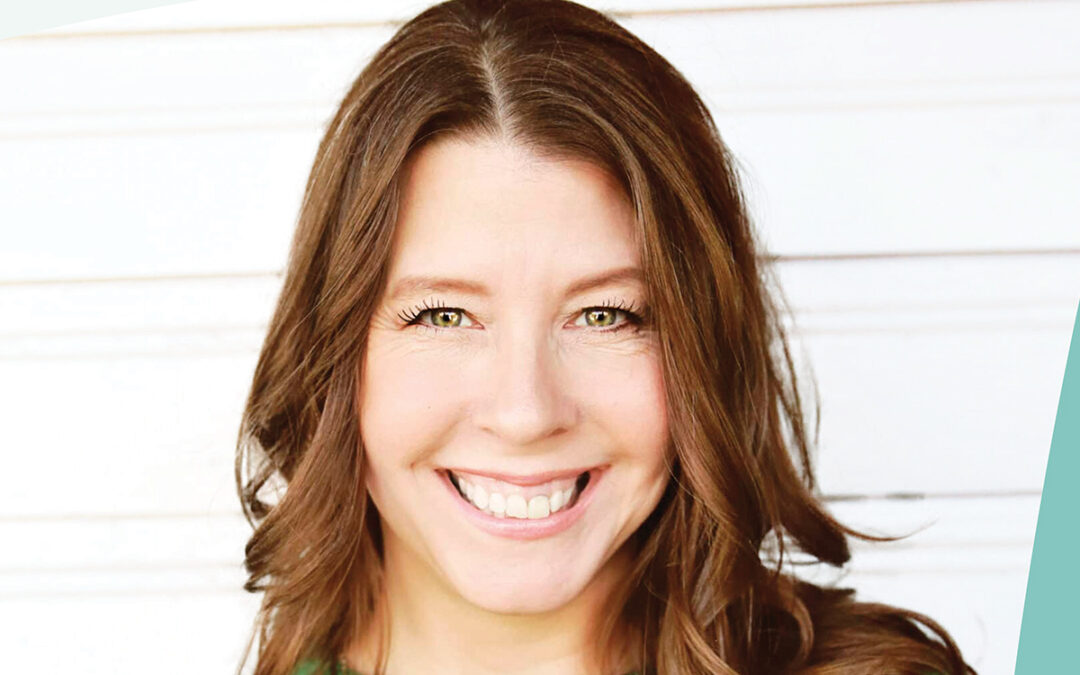
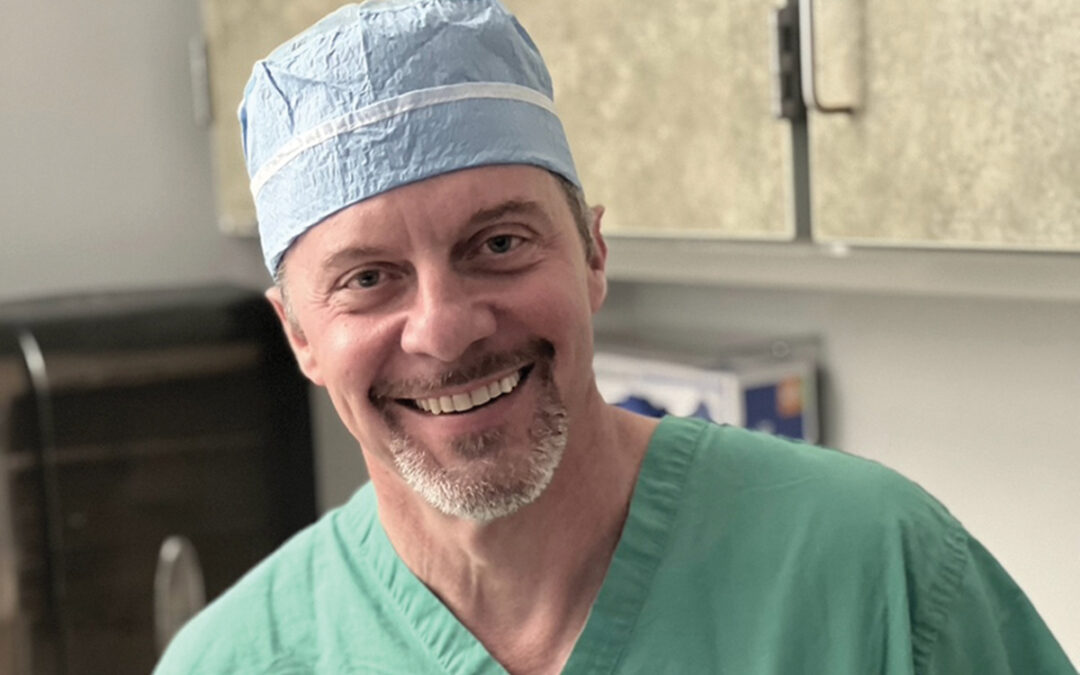
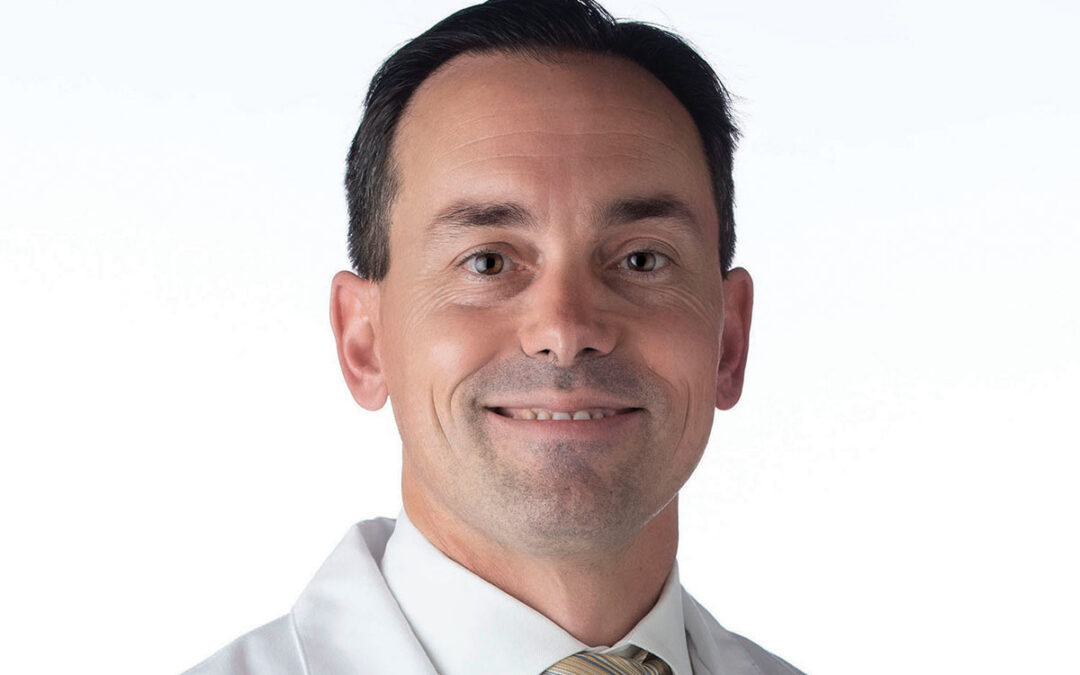
0 Comments